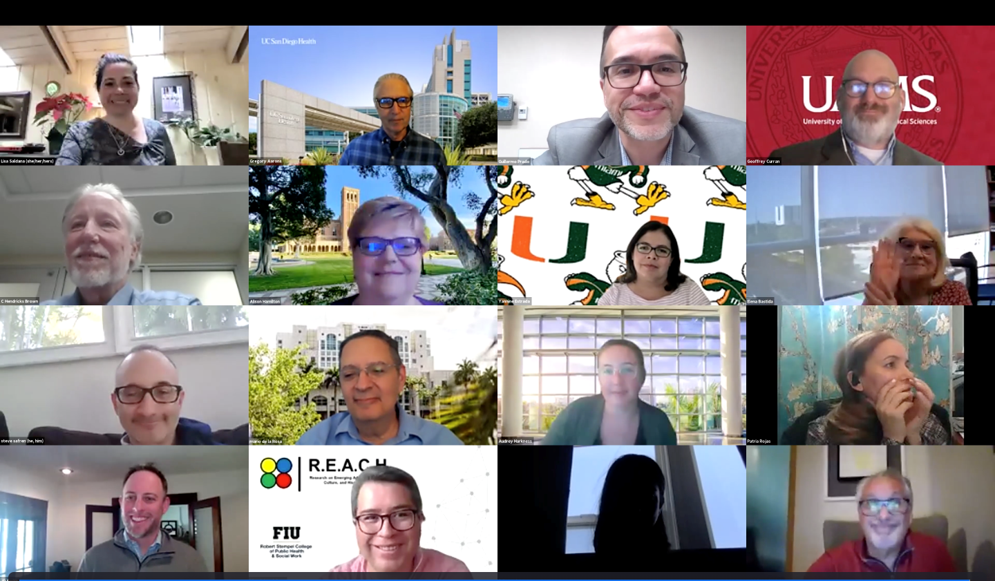The primary aim of CLaRO’s Investigator Development Core is to enhance the scientific career development of diverse postdoctoral fellows, junior faculty, and other early stage investigators at the University of Miami (UM). Core provides opportunities for mentorship and career enhancement to the next generation of health disparities researchers.

Key features of the Investigator Development Core:
Pilot Studies Program: CLaRO funds pilot studies to collect preliminary data related to the Center’s theme to generate new R-level grant applications.
Scientific Mentorship Board (SMB) reviews pilot applications and actively provides expertise and guidance for proposals stemming from the funded Pilot Studies.
Training Institute. This Research Education Training Program for early career health disparity researchers provides research experience and increases the skills needed to develop and submit competitive NIH R-level research grant applications.
Mentorship: CLaRO links Pilot Study awardees and trainees in the Research Education Training Program to two mentors: a research mentor at UM from the SMB and a career mentor external to UM.
Pilot Studies Funded
Papers Published by Pilot Investigators
Abstracts / Conference Presentations by Pilot Investigators
Implementation Science Symposium
CLaRO hosted a virtual Implementation Science Symposium on Monday, May 24th, 2021 from 12:30-5:00 pm. The symposium featured experts in implementation science and health disparities, including Dr. Gregory Aarons (UC San Diego), Dr. Hendricks Brown (Northwestern), Dr. Geoffrey M. Curran (University of Arkansas), Dr. Alison Hamilton (UCLA), Dr. Lisa Saldana (Oregon Social Learning Center & Implementation Research Institute) and Dr. J.D. Smith (University of Utah) and was moderated by Dr. Guillermo “Willy” Prado, Director of the Investigator Development Core of CLaRO. Forty-seven participants from 7 different disciplines registered to attend (Public Health, Biostatistics, Social Work, Nursing, Communications, Psychology & Education); among them 18 were early career investigators, and 12 were considered URM.

